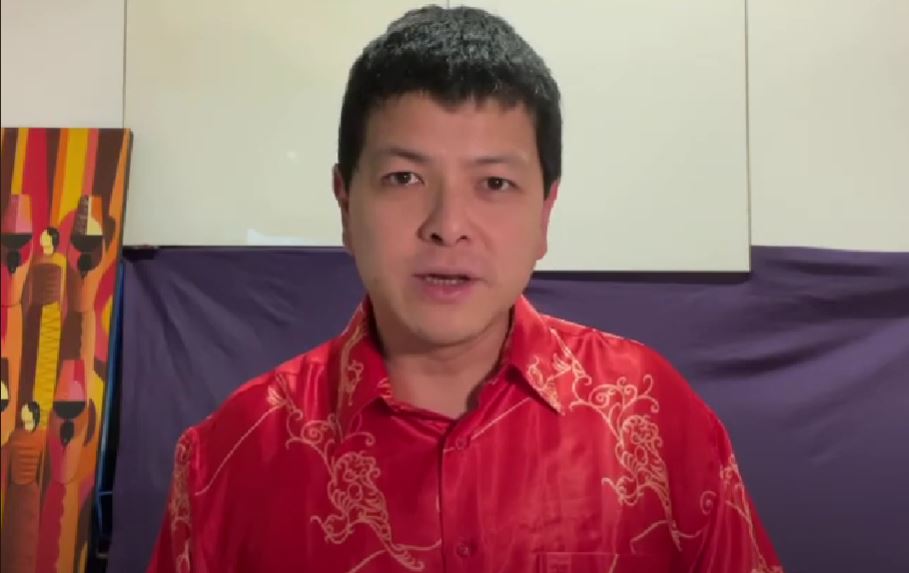
KUALA LUMPUR – Pakatan Harapan’s (PH) victories in the Pulai and Simpang Jeram by-elections signal the growing acceptance of the PH-Barisan Nasional (BN) unity government among Johor voters, say political analysts.
Speaking to Scoop, they also assert that these results do not justify Perikatan Nasional (PN) claiming a significant challenge to the government’s stability.
Senior fellow at the Nusantara Academy for Strategic Research, Prof Azmi Hassan, pointed out that PN cannot attribute PH’s reduced majority in Pulai to its influence since voter turnout was low. Additionally, he noted that the opposition coalition cannot claim victory in Simpang Jeram, given that PH secured a larger majority compared to the previous Johor state elections.
“The voter turnout was only 47%, affecting both PH and PN, and adverse weather conditions played a significant role in this low [turnout],” he said.
“We cannot deny that PH-BN is effective in Johor; the so-called ‘green wave’ did not extend beyond Negri Sembilan and Gemas. In Simpang Jeram, if the majority remains above 2,000 in a predominantly Malay constituency, PH-BN can argue that they halted the green wave.”

Azmi explained that despite PN gaining more votes than in the previous state polls, it failed to narrow the majority gap in Simpang Jeram. This could be attributed to an increase in the number of voters in the state constituency.
Similarly, Universiti Malaya’s Awang Azman Awang Pawi noted that the downpour and a perception that their votes would not make a difference hindered turnout. He emphasised that the results indicate Johorians’ approval of the unity government and their scepticism towards PN’s campaign tactics.
“It is clear that the people of Johor rejected obsessive politics that use religion and ethnicity for them to discredit their competitors,” he said.
“Although PN attempted to use Datuk Seri Ahmad Zahid Hamidi’s freedom against PH, it seems to be unsuccessful.”

Awang Azman also said that PN’s insinuations about taking over the government have lost appeal, as the coalition appears more politically motivated than focused on public welfare.
Meanwhile, Oh Ei Sun, a senior fellow at the Singapore Institute of International Affairs, pointed out that the urban nature of Pulai and Simpang Jeram resulted in significant support for PH.
“South Johor has a much more cosmopolitan attitude due to its proximity to Singapore,” Oh said.
“As such, not only would the non-Malays be voting exclusively for PH, a fair number of Malays would abhor the conservative green-wave prospects of PN too,” he said.
Oh suggested that these results indicate the likelihood of Parliament maintaining its current status quo, unless Muda president and Muar MP Syed Saddiq Syed Abdul Rahman fulfils his “threat” to withdraw support for the unity government.

Currently, the unity government commands a parliamentary supermajority with 148 seats in the Dewan Rakyat.
While the by-election victories bring relief to PH-BN after closely contested state polls, Oh cautioned that the alliance should remain vigilant, as PN still poses a potential challenge to the government’s stability.
Suhaizan Kayat of PH won in Pulai with 48,283 votes, surpassing PN’s Zulkifli Jaafar (29,642) and independent Samsudin Mohamad Fauzi (528).
In Simpang Jeram, PH’s Nazri Abdul Rahman secured victory against PN’s Dr Mohd Mazri Yahya and independent candidate Jeganathan Subramaniam, with a 3,508-vote majority. – September 10, 2023



